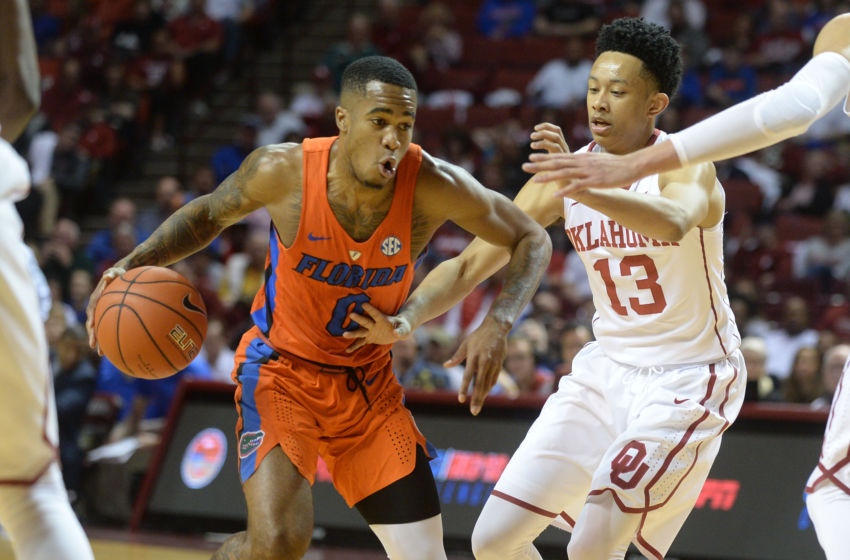
The NCAA Men’s College Basketball Tournament continues, but away from the action, Turner Sports and CBS executives are analyzing who watched the games on TV and through devices such as computers and phones.
The computer and phone data is extremely important because in the current rights deal, which ends in 2032, the rights to technologies that have yet to be invented were included with the hope many people will watch games on whatever platform is invented and that those technologies can be turned into a major revenue stream. New technology is significant because the cable TV universe is not what it was five years ago as cord cutters have left by the tens of millions and with them went revenue, lots of it. CBS and Turner are on the hook for $1.1 billion annually through 2032 and Turner needs to keep cable and satellite TV subscribers.
Without cable or satellite TV fees, Turner will be a big financial loser.
Cable and satellite TV money is a main component of big time sports, whether it is college or pro, and has been that way for 33 years or since President Ronald Reagan signed the Cable TV Act of 1984. It was really all or nothing, you took basic and basic extended and everything on basic extended or nothing. Basic extended was a tier that cable operators chose and sold it with channels which they selected bundled for a fixed price. There was no consumer choice. But that has been unraveling over the past five years as those born during the early days of cable and satellite TV through 1999 have turned away from model and walked.
All cable networks are staring at less revenues. That’s why sports, news and entertainment, need new technologies because the days of cable TV forever expanding are done.
By Evan Weiner For The Politics Of Sports Business
This article was republished with permission from the original publisher, Evan Weiner.